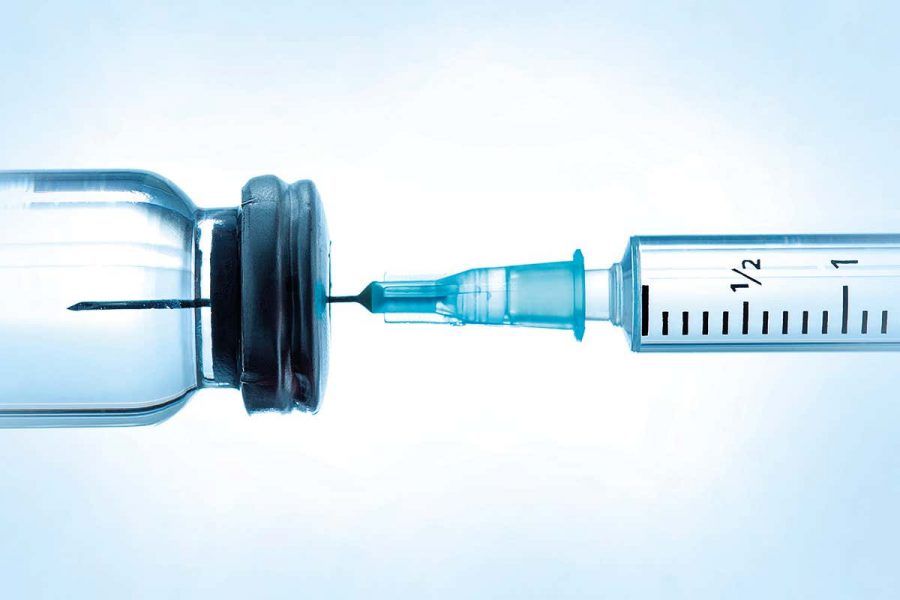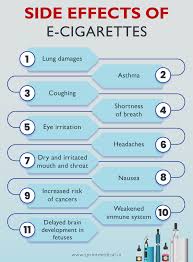A student’s insight on vaccinations
September 2, 2021
Last year, we saw the COVID pandemic ravage through the world. An overwhelming number of patients flooded our hospitals, showing us just how much damage the virus could cause. We have seen upfront the dangers of this virus, and yet people still stand against the actions we have taken to slow the spread. The wariness over the vaccine and the use of masks has remained prevalent throughout the entire pandemic, despite the evidence that supports their effectiveness and safety. Recently, we have seen another influx of cases due to the staggering efficiency of the Delta Variant. This strain has been found to be over two times more infectious than other strains, while also suggesting it leads to more severe cases. The seven day moving average from Aug. 15th to Aug. 21st – the number by which cases fluctuate – has increased by 18.4%, totaling roughly 114,190 cases that week. (S1,2) This data has made it very clear that some people are ignoring the facts and recommendations given by the many health institutions working to stop the spread of COVID. The question is; why?
Many skeptics often cite mistrust of vaccines and/or the government and organizations they are collaborating with to push out mandates and vaccines. Simply put, organizations like the CDC and WHO have virtually no incentive to do anything untrustworthy, as they have not only done extensive amounts of research, but were also created for the sole purpose of protecting the people from threats to public health. These organizations and institutions have no political motivations. If we are to question something, we should question the motives of those who are making a global pandemic into political theatre.
A lot of skepticism with the vaccine can be attributed to the sheer amount of unawareness as to what the vaccine actually does and what it prevents. It should be known that the vaccine does not give you guaranteed immunity. That being said, the vaccine does make it far harder for you to be infected, as well as making it more likely for your symptoms to be mild or less severe, while also cutting the overall time you are considered sick. On average, fully vaccinated patients in a study done by the University of Arizona had a shorter overall length of about 6 days compared to unvaccinated patients.
Along with this, the development of the vaccines by multiple companies has been tested and researched just as extensively. These vaccines have been developed with reliable technology that we’ve been using already for many years. Unless you belong to a group with allergies to one of the ingredients of the vaccine, or are at risk from pre-existing health conditions, there is no reason to believe the vaccine puts you at risk. In fact, the CDC, along with other independent studies, have stated the mRNA vaccines reduce risk of infection by 91% for those fully vaccinated, while reducing the viral load – the amount of COVID-19 within a test sample – by 40%. This means that the severity of the virus is far more mild when fully and even partially vaccinated, resulting in typically no symptoms. When these carriers have no symptoms, it greatly reduces the chances of infecting other individuals, protecting not only you, but others as well. Vaccinated individuals who are infected are also very unlikely to be hospitalized or die from the virus. A CDC report stated that from July 26th to August 5th, there had been only 6,597 reports of breakthrough cases that resulted in hospitalization out of 163 million vaccinated people. That totals to lower than .01%. Not only does this show that the vaccine protects you, but it also presents the fact that by getting the vaccine, you are doing others a service. (S3,5,6)
Overall, the message I am trying to convey here is that the many institutions, medical centers, and vaccination campaigns are here for the health and safety of the general public. Vaccines are not anything to worry about, as they have been studied, researched and tested extensively far before they would even consider sending out a first batch. The only true threat that vaccines present is the threat of not being vaccinated at all. I ask that you think about not only yourself, but many others who are at risk and cannot get vaccinated.
Sources cited :
S1 https://covid.cdc.gov/covid-data-tracker/#datatracker-home
S2 https://www.cdc.gov/coronavirus/2019-ncov/covid-data/covidview/index.html
S3 https://www.cdc.gov/vaccines/covid-19/health-departments/breakthrough-cases.html
S4 https://www.cdc.gov/coronavirus/2019-ncov/vaccines/different-vaccines/how-they-work.html
S5 https://www.cdc.gov/media/releases/2021/p0607-mrna-reduce-risks.html
S6 https://news.arizona.edu/story/covid-19-vaccine-reduces-severity-length-viral-load-those-who-still-get-infected
















Lanny Manion • Sep 2, 2021 at 2:59 pm
Great article Austin! It shows you have done your research and unfortunately know first hand what this virus is capable of. I too am amazed at the amount of information put out there for public safety but yet so many make it all about politics! The fact that the unvaccinated, whom have that right by the way would choose to put people they love and care about at such a risk. I do not know how to fully understand such a selfish act of human decency.
Again, proud of you for standing up to probably a lot of backlash to come but you just continue to be educated enough to write the facts.